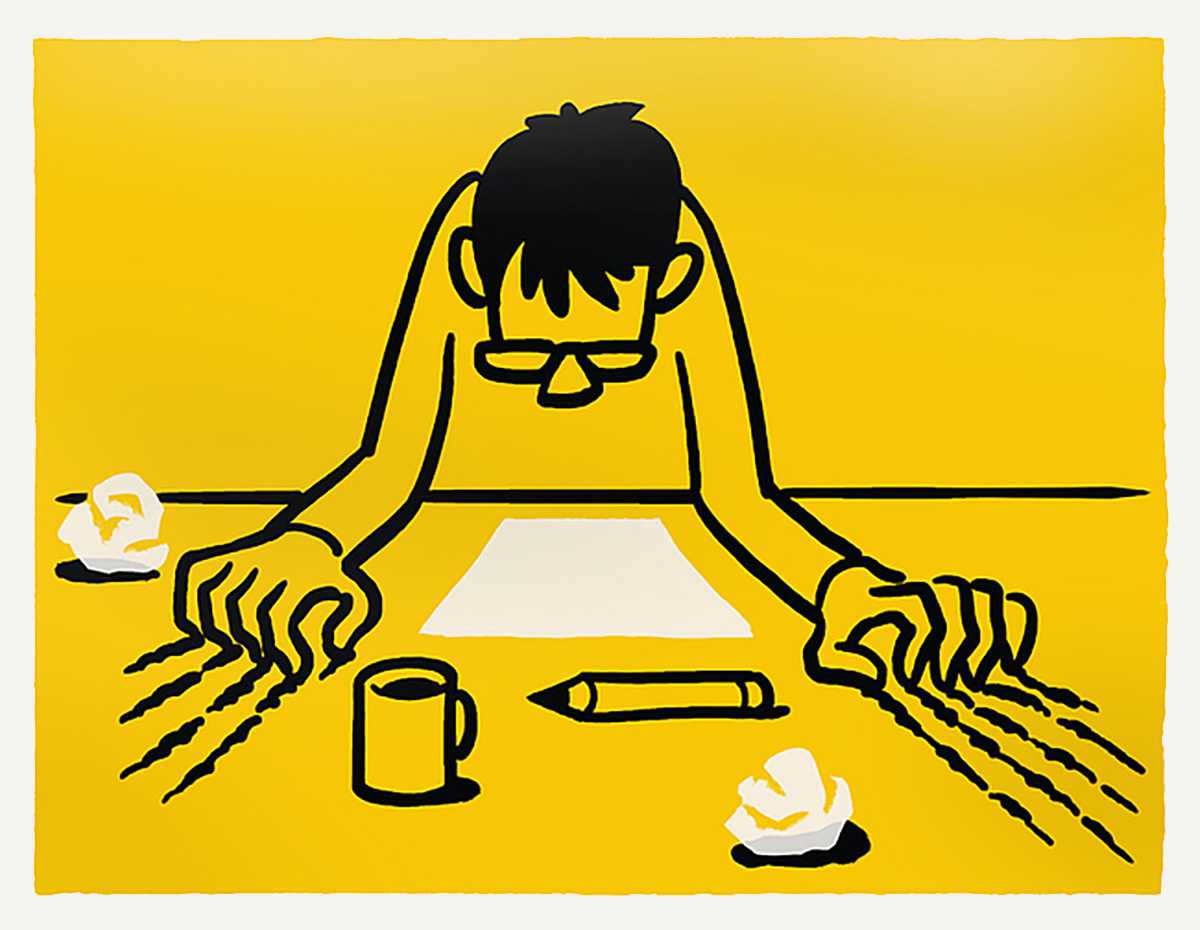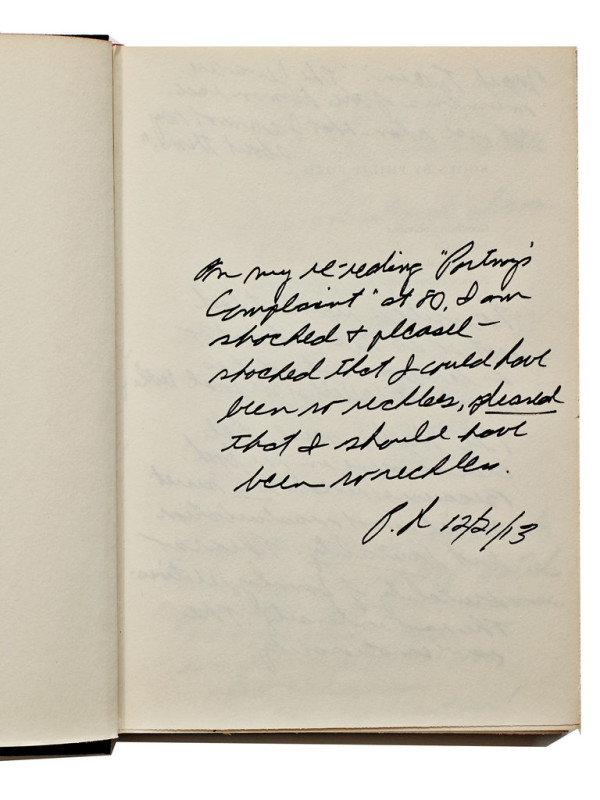In far too much bad fiction, suspense has replaced drama as the motive force of storytelling. There is, in fact, an entire subgenre of fiction dedicated to the ignorant error—“thrillers.” Suspense, however, is the sworn enemy of good fiction.
To create suspense is to induce anxiety—that is, to cause distress. And naturally, then, the craving is for relief. You read as quickly as possible to discover what happens, to allay your uneasiness, to release the tightness in your chest. The outcome is not a literary experience—literature is the freedom to dream up other possibilities—but the unpleasant feeling of being manipulated. Anxiety has a “coercive character,” Karen Horney says. So does suspense.
The literary critic and scholar D. G. Myers died of cancer last September. I miss reading his Commonplace Blog, which was written in such a distinctive voice — opinionated, smart, ornery, engaging, honest, unfathomably well read — that I almost felt I knew him. The blog is still online, and it is worth a visit.





